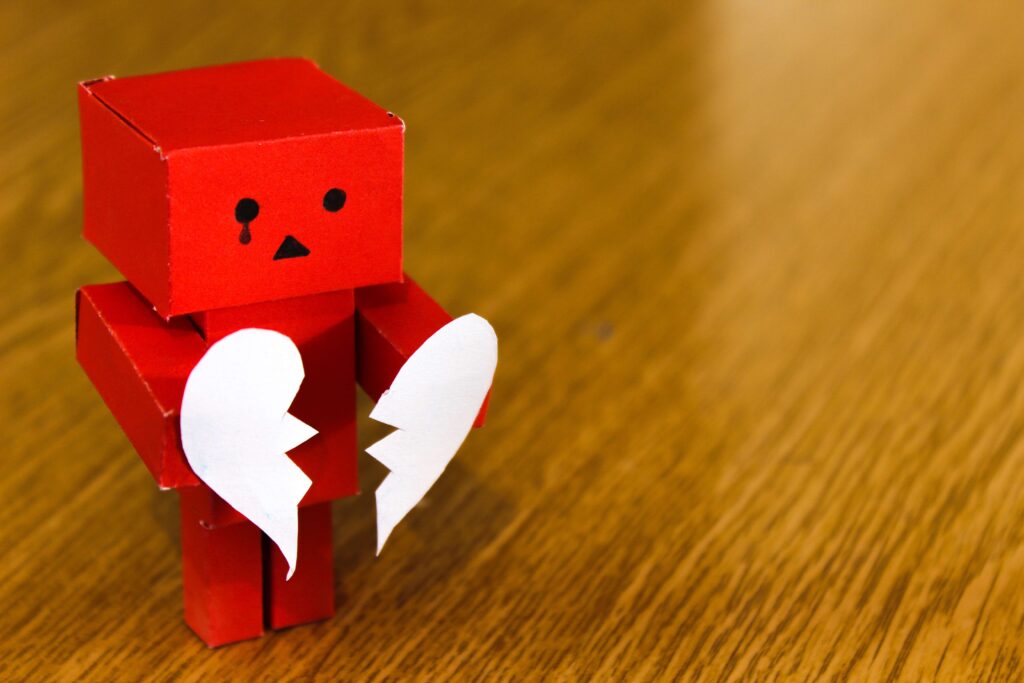
Tailored for Triumph: Why Personalized Addiction Treatment Works
Unlock lasting recovery with personalized addiction treatment. Find your custom path to triumph in Florida.

May 8, 2019
Choose one of your most cherished people: brother, sister, friend. Someone with whom you have shared meals, long conversations over coffee, long, aimless walks without a specific destination in mind, and silly, inside jokes sprinkled with dark humor. Someone with whom you cannot fathom a life without, whose very existence in this world increases your quality of life.
Now imagine your beloved trapped in an aggressive whirlwind of drug abuse. In your mind’s eye, put them in a shady hotel room with even shadier people. Imagine them sitting on a motel bed next to a nightstand with peeling wood veneer, shooting up meth with a shared needle, injecting God only knows what into their bloodstream along with their drug(s) of choice.
I’ve been there with one of the people I’ve cherished most in the world- we’ll call him Liam.
I would sit up at night, not knowing where Liam was: that dingy, seedy hotel room from my imagination, an emergency room, a gutter, or under a bridge.
I wondered if he was with people who were safe, if he was with fellow addicts like him, trustworthy people with a problem, or people so gripped by the disease that they would pawn his phone for a quick fix or even hurt him. I wondered if the people he was sharing needles with had horrific infectious diseases, and if they bothered cleaning the needles. I would wake up in the middle of the night, overcome with panic, to look up needle exchange site drop-in hours trying to determine the likelihood that he was using clean needles that night.
I would contrast that fear with memories of the way Liam’s hugs could set the most terrible day right.
It was soul-crushing: I remember having anxiety attacks that made my sternum feel like it was about to split open, and barely even being able to draw any kind of breath, worried I might suffocate from the pain.
And the thing is, I’m not alone. There are so many people out there with their own Liam.
According to the 2017 Survey on Drug Use and Health, administered by the Substance Abuse and Mental Health Services Administration, an estimated 964,000 people aged 12 or older in the United States had methamphetamine use disorder (https://www.samhsa.gov/data/report/2017-nsduh-annual-national-report).
That’s 0.4 percent of the population in the United States of people over the age of 12 abusing methamphetamines. The survey goes on to break down the numbers: 24,000 between the ages of 12-17, 188,000 are 18-25, and 751,000 are 26 or older.
That’s a hell of a loss of human potential, of opportunity. Of kids who should be in school, of adults sitting in shifty apartments, houses, and motel rooms injecting, smoking, and snorting meth instead of being at work or with friends and family.
It also extrapolates into a huge number of friends, partners, parents, siblings, grandparents, and other family consumed with worry about where their friends, partners, children, brothers, sisters, and grandchildren are like I did. Wondering if they’re going to see their loved ones again, and what kind of condition their loved one will be in when they see them. Will they be in a psychosis? Will they be 40 pounds underweight, wearing a sweatshirt on a 90+ degree day to hide how skinny they have become and to cover up their open sores and/or track marks?
Meanwhile, the loved ones of the affected navigate a world not just in fear of what is going on with one of their most cherished people, but a world where so many people think of them as burdens, as blights on society.
While trying to carry on with their days, they hear people talk about their loved one in terms only of how much money they cost, defending heartless ideas like drug testing food stamp recipients.
They have to endure hearing people basically saying “your loved one is not worth $200 a month in government money to keep them from starving to death.” I even had people flat-out tell me society would be better off without drug addicts, without my sweet, sarcastic Liam whose laugh announced his presence, who looked at me with a sparkle in his eyes.
Through the darkness of your imagination, anxiety attacks, and nausea-inducing worry, though doing your best at work and maintaining other relationships, you try to defend the humanity of your loved one with a level head.
“Maybe they will only buy chocolate Pop-Tarts and sports drink this month” you explain “but they’ll be alive for another month to maybe get sober and be the person I walk around the lake and make jokes with again.”
I should not have to convince anyone of the humanity of the person who used to smile so brightly it brought joy to everyone in the room. That person was still in there. He just happened to be there in a dark smog of drug-addicted despair.
When that person is ready to walk out of that dense smog of despair, should that happen, I want a world outside of that cloud who values him enough to say “hey, let’s get you resources so you have a chance of getting yourself on the right path.”
The goal here is not for you to pity us, it’s to support us. To recognize that our loved ones are worthy of infrastructure to have a chance to get better. Give us less to fight against- we’re already struggling with sleepless nights and a constant sense of impending doom. It’s hope that maybe, you won’t be someone who advocates against the humanity of troubled souls.
Be one of the people who shines a light to help people who want to walk out of the smog of the darkness and addiction.
We can’t get sober for them, and we can’t love them out of their addiction, but we can fight for infrastructure for them to get better. We can make sure the basic building blocks a human needs are there for them while they wade through the emotional turmoil of achieving long term sobriety.
As far as me? I have begrudgingly accepted the end of my friendship with Liam. I’m doing my best to come to terms with the fact that we’ll never share another mashed potato pizza or walk around the lake, trying to remember the names of assorted urban wildlife together. But I do find solace and tremendous relief in knowing that he’s currently okay.
In the memory of my friendship with Liam, I will fight to do my part to help people see the humanity in people fighting with addiction. I hope you’ll join me.
– The Fix
If you or someone you know is struggling with addiction in West Palm Beach, give Summer House Detox Center a call at 800-719-1090 to schedule a FREE consultation. You can also visit us at 13550 Memorial Highway Miami, FL 33161. We are open 24 hours a day, 7 days a week.

Unlock lasting recovery with personalized addiction treatment. Find your custom path to triumph in Florida.

Opioid use disorder explained: symptoms, crisis stats, and effective treatments. Start your recovery journey in Miami, FL.

Find top rehab facilities in South Florida. Explore detox options, costs, and expert care for your personalized recovery journey.
For immediate assistance, please call our Admissions Specialists at 800-719-1090.
Speak With A Qualified Addiction Specialist 24/7